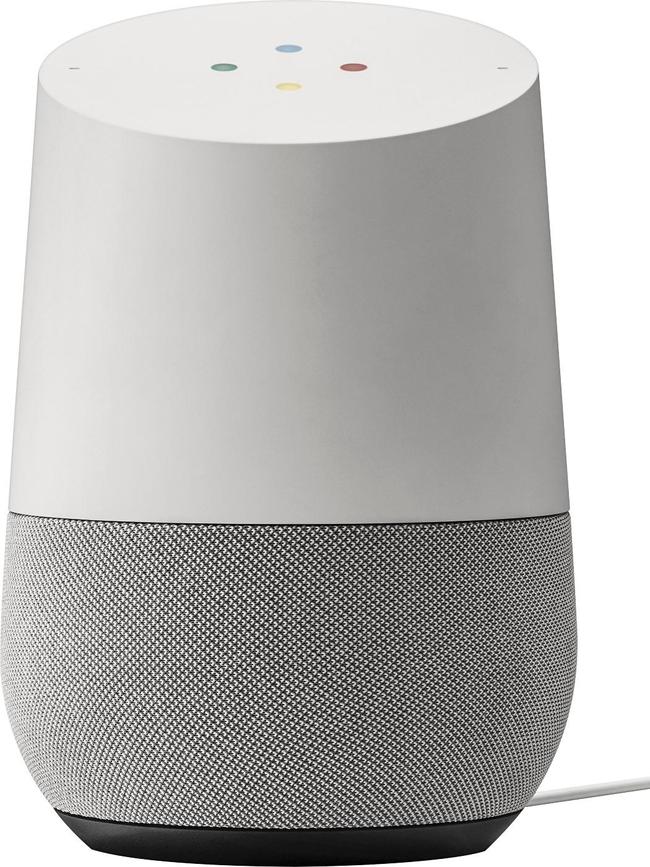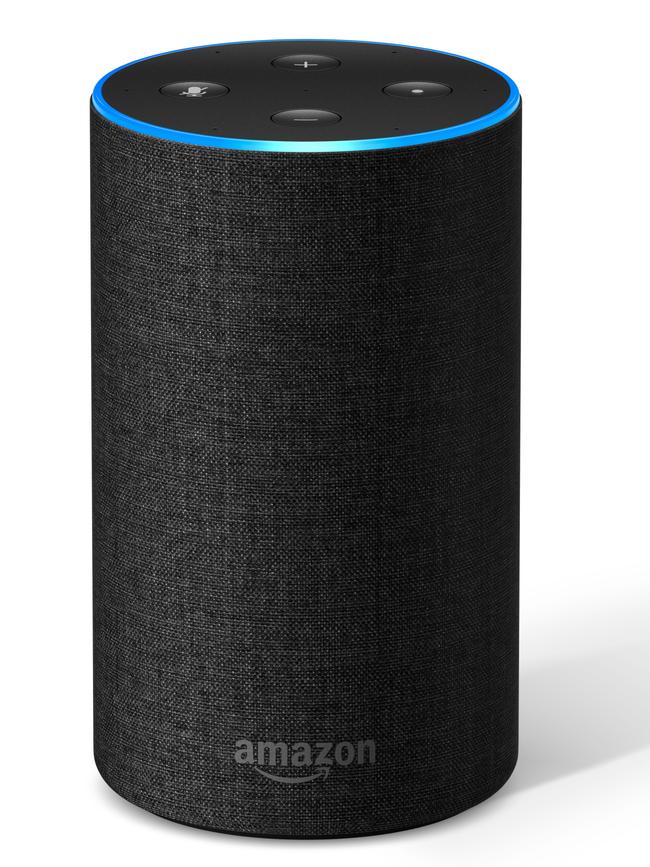Smart devices track our online lives as algorithms shape shopping decisions
SPECIAL INVESTIGATION: Experts say that we are almost total slaves to online algorithms when it comes to many aspects of our daily life, with devices like Alexa making it worse.

NSW
Don't miss out on the headlines from NSW. Followed categories will be added to My News.
They know what you eat, read, buy, and listen to and they are quietly watching and tracking all areas of your life.
No, it’s not Big Brother – it’s the social media and tech algorithms that are dictating all areas of life and manipulating consumer choice without many people even realising.
Consumer marketing expert Professor Jana Bowden said the influence of algorithms on consumer shopping decisions was so ingrained that experts were questioning if buyer’s free will even exists anymore.


“During COVID content consumption has doubled to 6:59 hours per day. Our eyes are glued to our device screens and with the help of algorithms companies can now inject content straight into consumers everyday lives,” she said.
“Algorithms prioritise the content that we consume including things like what we see, when we see it, how prominent it is and how long we see it for. They sort the posts in our feed by relevancy and timeliness.
“They influence a third of our decisions on major shopping sites like Amazon. They shape 80 per cent of what we choose to watch on streaming services like Netflix. When it comes to Tinder and dating they even tell us who we should meet.”
Prof Bowden said algorithms work like an “echo chamber” by narrowing consumer search based on automated codes.

“There is a question mark over how much free will consumers actually have, and whether they still make decisions independently,” she said.
“(Algorithms) work like an echo-chamber. They give consumers more of what they were already searching for, narrowing down the specific type of information they are exposed to, and creating a sort of mind-myopia.”
But Australia’s E-Safety Commissioner Julie Inman Grant said with most algorithms designed by young, white males, it was important that consumers were aware of the bias behind automated recommendations.
“Algorithms that are designed by the Facebooks and the Twitters of the world are designed to give you what you want to keep you on the platform,” she said.
“Once you listen to one white extremist on YouTube it would send you to the next … they are trying to keep you there. They are not trying to expand your intellectual horizons by saying because you listened to an alt right maybe I’ll serve up a far left socialist.
“They are designed to influence, control (and) keep you there.”

Ms Inman Grant said in today’s increasingly automated society, it was hard to escape algorithms, but the key was awareness.
“Amazon has confirmed that they sometimes do transcribe and listen to your conversations but not for surveillance purposes but for search purposes. Everything is being automated … we won’t be able to escape it,” she said,” she said.
“Whether its Siri or an Alexa, its listening to your questions and finding out what your interests are … that’s the revenue model for the likes of Google and Facebook. We want people to be armed with information and alert but not alarmed.
“The reason that Google is free, and Facebook is free is because they are monetising your data. You’re not just the customer you’re also the revenue stream.”

Friends Anmol Bhathal and Sheena Sangha love tech gadgets, with both women having Apple watches, iPhones and Macbooks and Ms Sangha also owning a Google Home.
The pair said they had been a little spooked in the past by targeted advertising, but the algorithms had become the new normal.
“It does freak me out but at the same time the ads can be convenient. One day Sheena and I were talking in person about an oura ring which is good for your health and we opened Instagram and the ad for it came up,” Ms Bhathal said.
“Even on the iPhone, with live photos, it records what you were doing even before you took the photo. It’s something we aren’t too scared of anymore because it’s become so normal.”
More Coverage
Originally published as Smart devices track our online lives as algorithms shape shopping decisions





